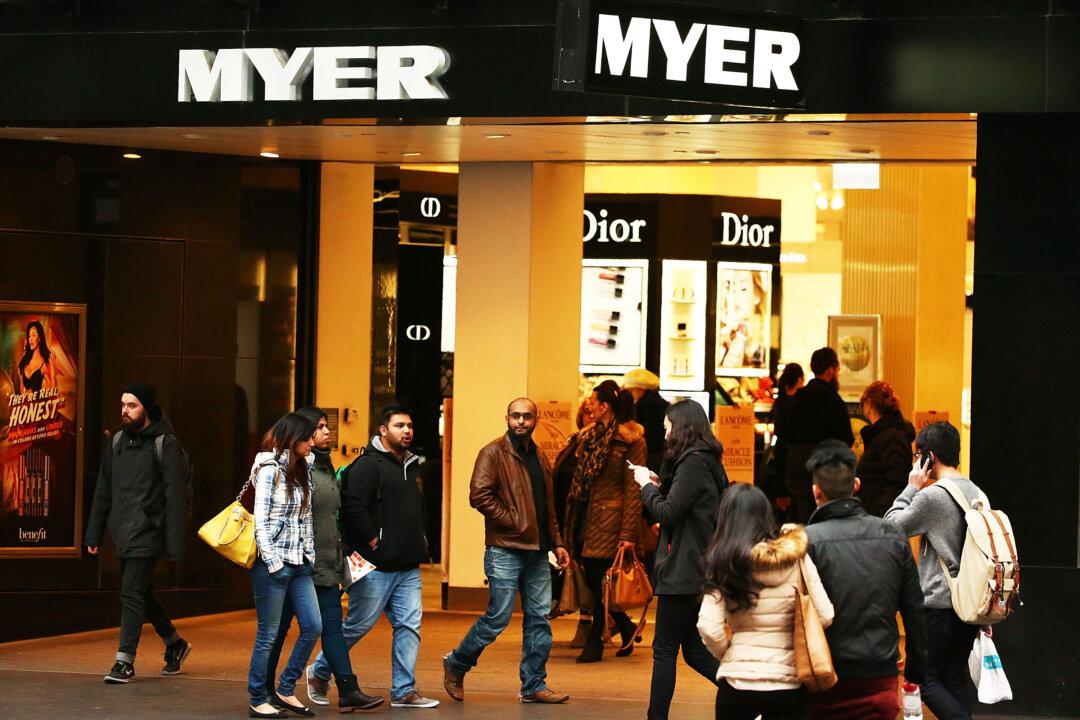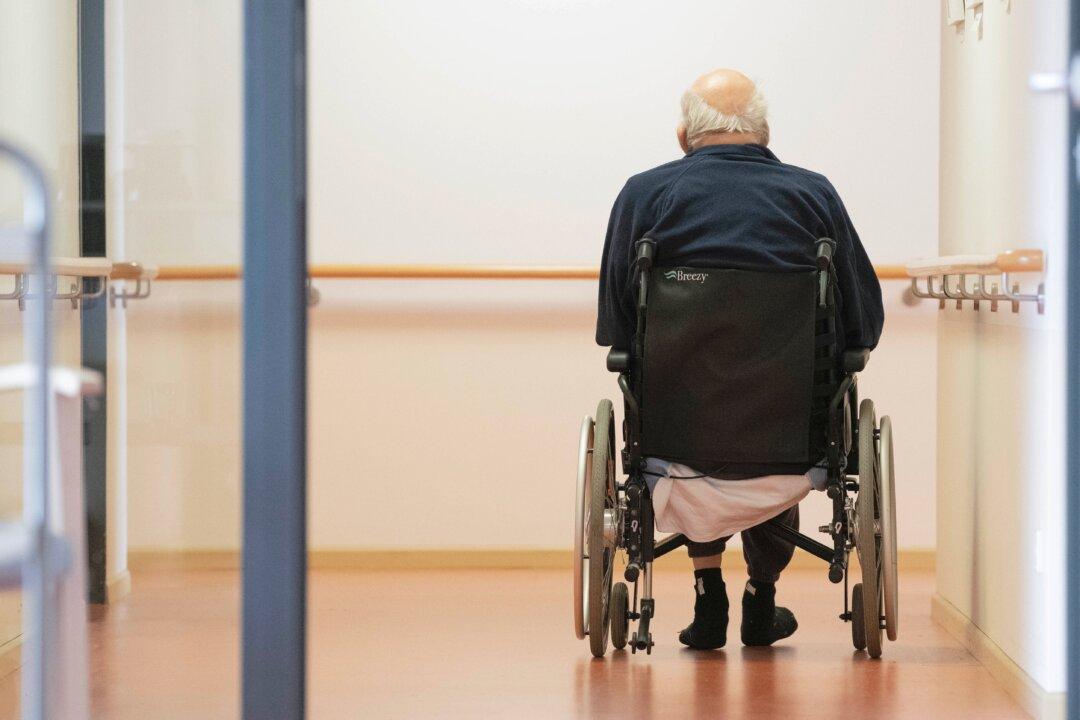Retailers have reported a spike in organised criminal activity with over 90 percent experiencing some level of retail crime.
Tougher penalties for individuals who assault workers was one proposal identified by retailers during a crime symposium hosted by the Australian Retailers Association (ARA) this week.




